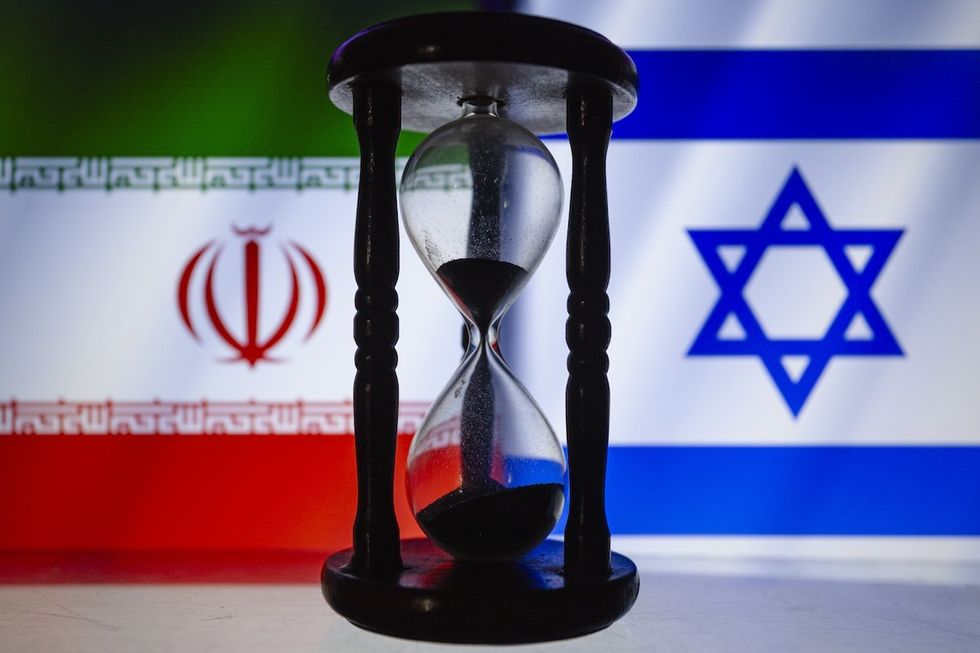Late Saturday, Tehran launched ballistic and cruise missiles toward Israel as part of a retaliatory attack for the recent Israeli strike on Iran’s consulate in Damascus that killed top Iranian commanders.
IDF Spokesman Daniel Hagari said early Sunday that more than 200 different rockets, including drones and ballistic and cruise missiles, were launched at Israel, with Israeli defenses and partners having intercepted the vast majority. More than 100 drones were intercepted with help from Jordan, the US, and the UK.
More worrying are ballistic missiles. While Israel’s missile defense systems can target them, an attack involving both drones and missiles makes it more likely that some of the Iranian weapons could hit their targets. Medics said shrapnel from one interception injured a girl in the Negev, and Hagari said other impacts had damaged infrastructure at a military base in southern Israel.
There have been fears of an escalation of regional violence ever since Hamas attacked Israel on Oct. 7, 2023, with flareups along the Lebanese border and attacks by Hezbollah and other Iran-backed proxies in the region.
Saturday’s move comes just days after US President Joe Biden warned that Iran was threatening a “significant attack” against Israel. At the time, he promised Washington’s “ironclad” support to Israel, and the US notably has a large number of troops in the region.
Many have feared that a direct attack by Iran could put the entire region at risk. Israel’s top diplomat, Israel Katz, warned earlier this week that “If Iran attacks from its territory, Israel will react and attack in Iran.”
But the Iranian attack may have ended just as quickly as it started. The Permanent Mission of the Islamic Republic of Iran to the United Nations tweeted that Saturday’s move by Tehran was in response to the “Zionist regime’s aggression against our diplomatic premises in Damascus” and that “The matter can be deemed concluded.”
Ian Bremmer, the president of GZERO Media and Eurasia Group, says this signals that Iran is sending a “strong message that [the] attack is limited” and it's “looking to avoid war with Israel or the United States.”


















